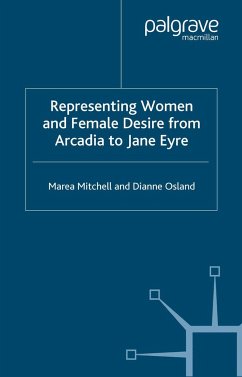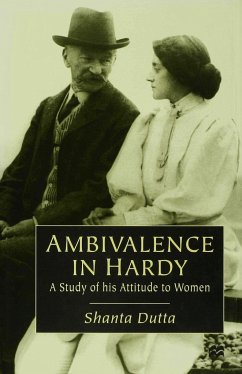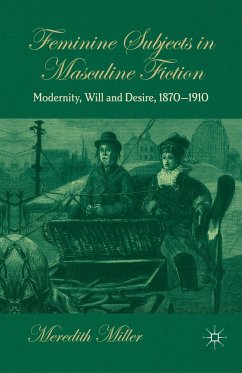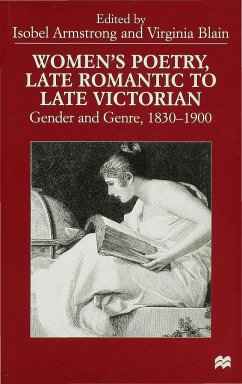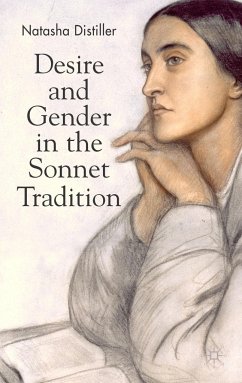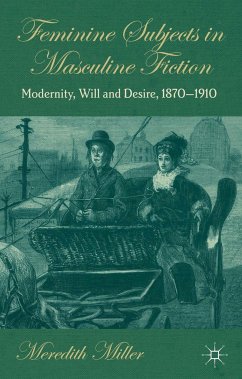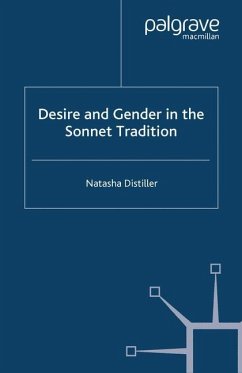
Representing Women and Female Desire from Arcadia to Jane Eyre
Versandkostenfrei!
Versandfertig in 6-10 Tagen
38,99 €
inkl. MwSt.
Weitere Ausgaben:

PAYBACK Punkte
19 °P sammeln!
This book examines continuities and changes in narrative strategies deployed to deal with female desire in a broad range of fiction from the late sixteenth-century to the early nineteenth-century. By focussing on 'designing women' and the lengths to which they can and should go as agents of their desires, this book investigates the way generic and moral or social issues intersect in the depiction of female subjectivity. The book examines narrative strategies deployed in the representation of female desire in a broad range of fiction from the late sixteenth-century to the early-nineteenth centu...
This book examines continuities and changes in narrative strategies deployed to deal with female desire in a broad range of fiction from the late sixteenth-century to the early nineteenth-century. By focussing on 'designing women' and the lengths to which they can and should go as agents of their desires, this book investigates the way generic and moral or social issues intersect in the depiction of female subjectivity. The book examines narrative strategies deployed in the representation of female desire in a broad range of fiction from the late sixteenth-century to the early-nineteenth century, discussing key texts such as Jane Eyre, Pamela, Pride and Prejudice and Arcadia





